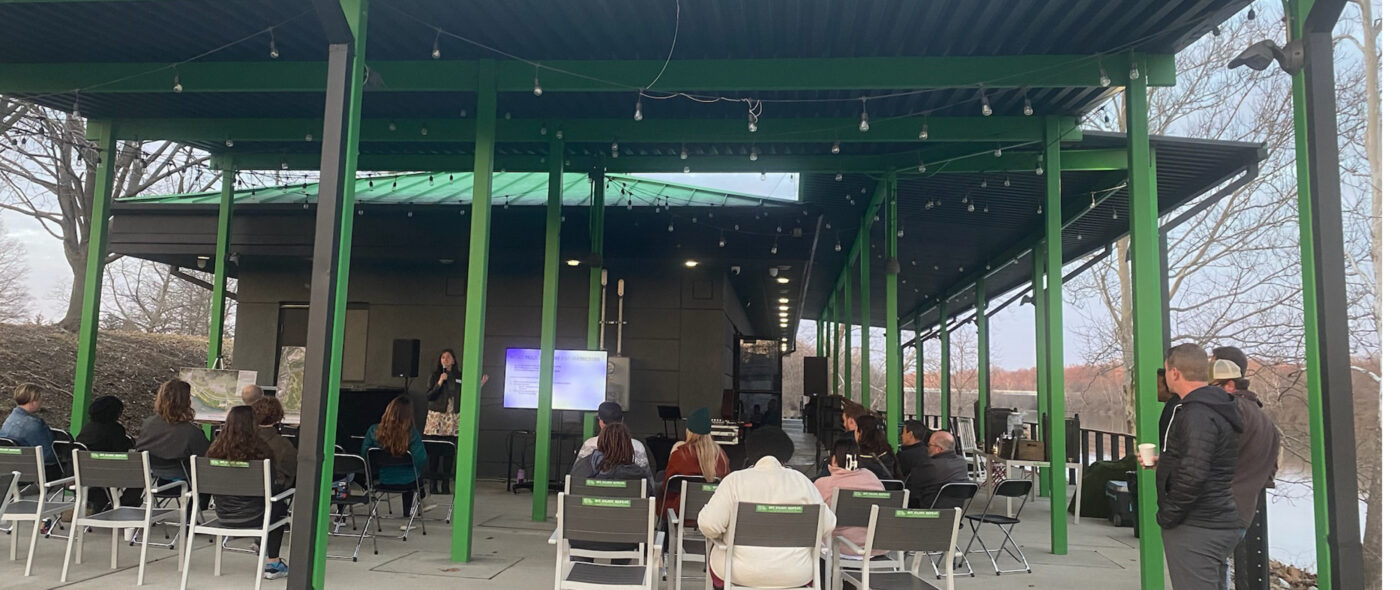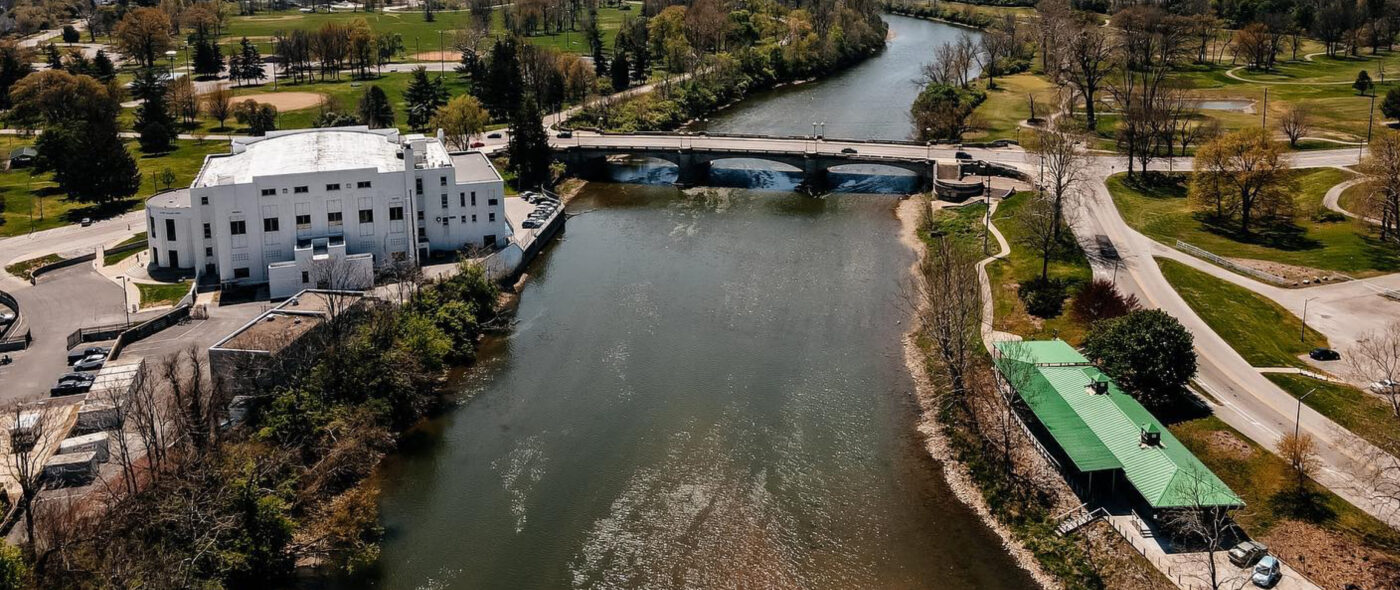The state name of Indiana (meaning Land of the Indians) is a travesty. According to the Frequently Asked questions page on IN.gov: “The State of Indiana does not recognize any organization, band, etc. as a “State Recognized Tribe” (IN.gov).In
Prior to attending the first installment of Shared, Used and Taken with guest speaker Autumn Brunelle; my wife Kate and I were aware that our home state does not officially recognize a single Native American tribe and that the Indian Removal Act of 1830 forcibly removed Natives from their lands within our state borders. Otherwise, we found ourselves uneducated on narratives surrounding Native peoples.
We are enthusiastic nature lovers/parks people and were keen to listen to and learn from Autumn Brunelle (a naturalist with Monroe County Parks and Recreation and proud Anishinaabe citizen of the Turtle Mountain Band of Chippewa). It was shocking to become acutely aware of the broad generalizations Native people are categorized as by society. Indigenous people are not all ‘one-with-nature’ nor are they all alcoholics. Of course not – they are each individual human beings with particular strengths and weaknesses. Do some indigenous tribes struggle with high rates of substance abuse? Yes, but when one takes an honest look at the history of injustice, exploitation and general wrongdoing by the United States and Canadian governments towards Native people – empathy comes to the forefront of our emotions. One of the most egregious of these governmental crimes against Natives was the so called “Boarding Schools.” These institutions continued late into the 20th century, where native children were sometimes forcibly separated from their families for assimilation purposes. Sexual, physical and mental abuse of children was rampant at some of these schools. In recent years, mass graves have been discovered at the sites of these schools. Children disappeared and there are still hundreds of deceased indigenous children yet to be found.

